

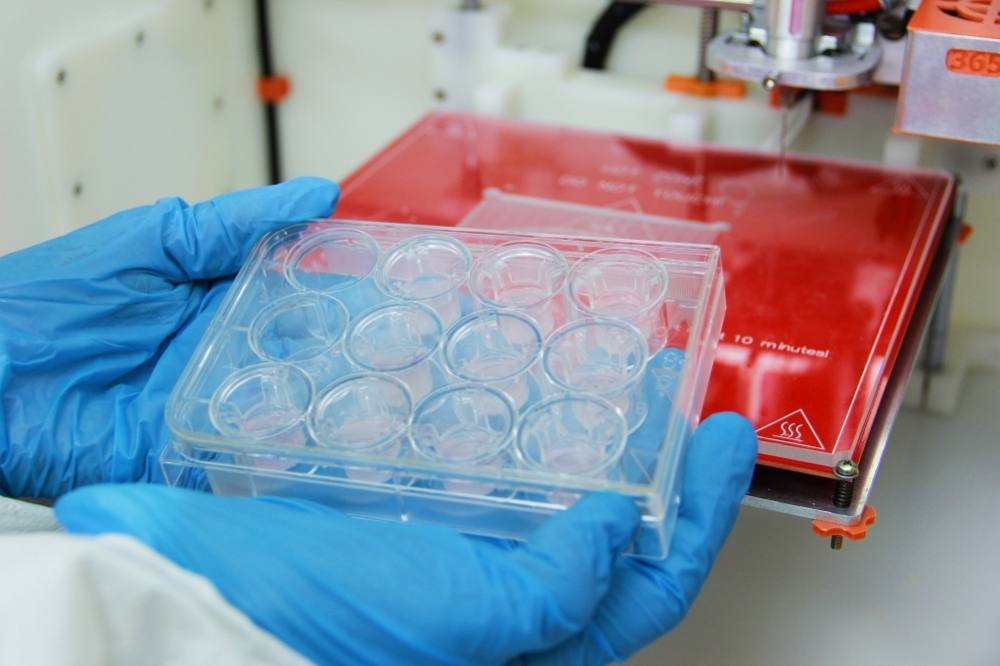
FAPESP has funded development of the solution, which can in future be used to bioprint human organs using cells from the recipient.

Participants in an online seminar presented the results of research projects approved under a fast-track call issued by FAPESP at the start of the pandemic. The projects led to important discoveries on the mechanisms of the disease, development of vaccine and diagnostic technologies, and a deeper understanding of the role of governments in public health emergencies.

A research group led by scientists at the University of Campinas in Brazil found total parasite biomass to be a better predictor of complications from malaria than parasite burden in the bloodstream. The discovery can help develop treatment and a Plasmodium vivax vaccine.
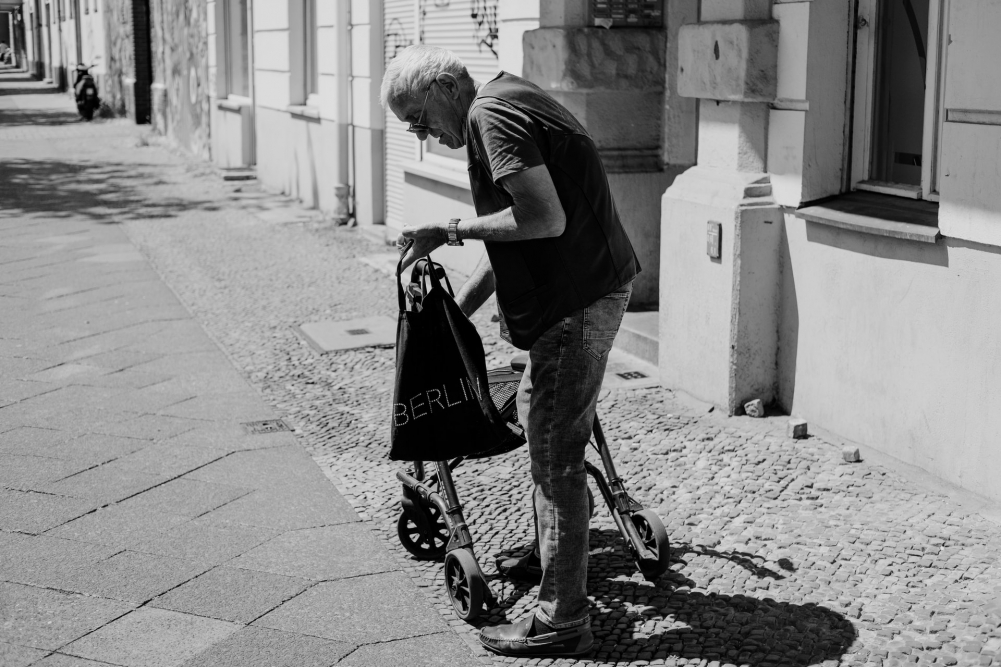
The finding is reported in an article in the Journal of Cachexia, Sarcopenia and Muscle by researchers in Brazil and the UK, who analyzed data for more than 3,000 people aged 60 and over.
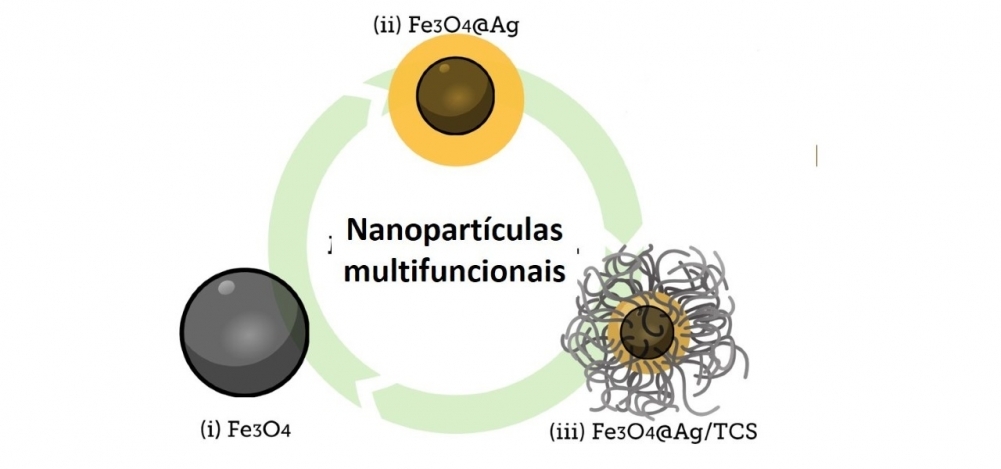
The proposition is to use nanoparticles that can be guided by applying an external magnetic field to attack solid tumors resistant to conventional treatment.
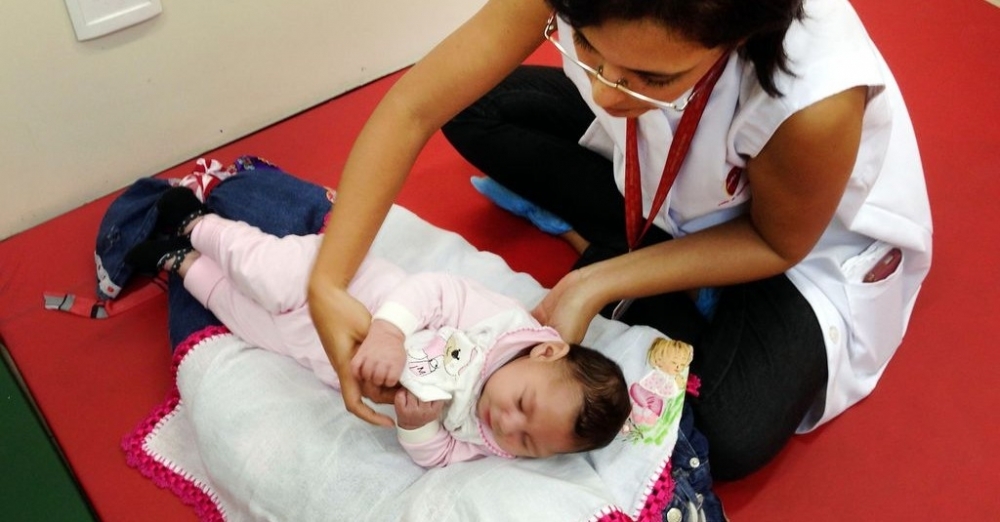
Assessment of two- and three-year-olds can help health professionals design personalized treatment. The study involved scientists in Brazil and the United States, and is published in PLOS ONE.
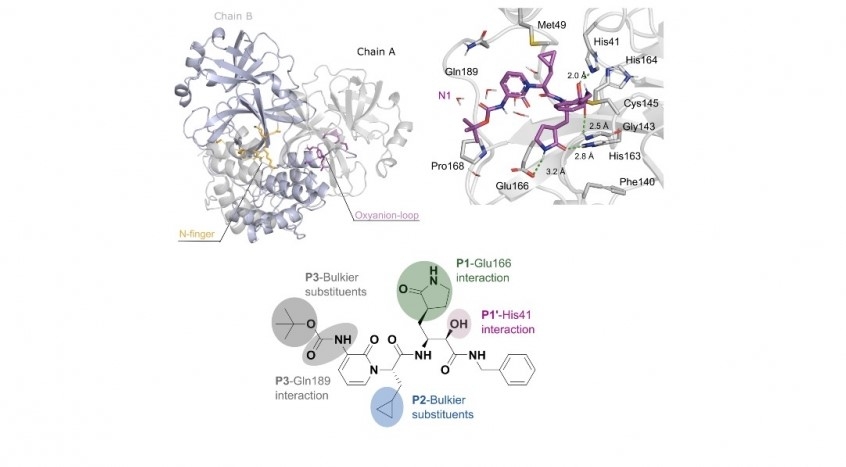
The technique was used by researchers affiliated with institutions in Brazil, Germany and Finland to study the SARS-CoV-2 main protease (Mpro), a key driver of the virus’s reproductive cycle.
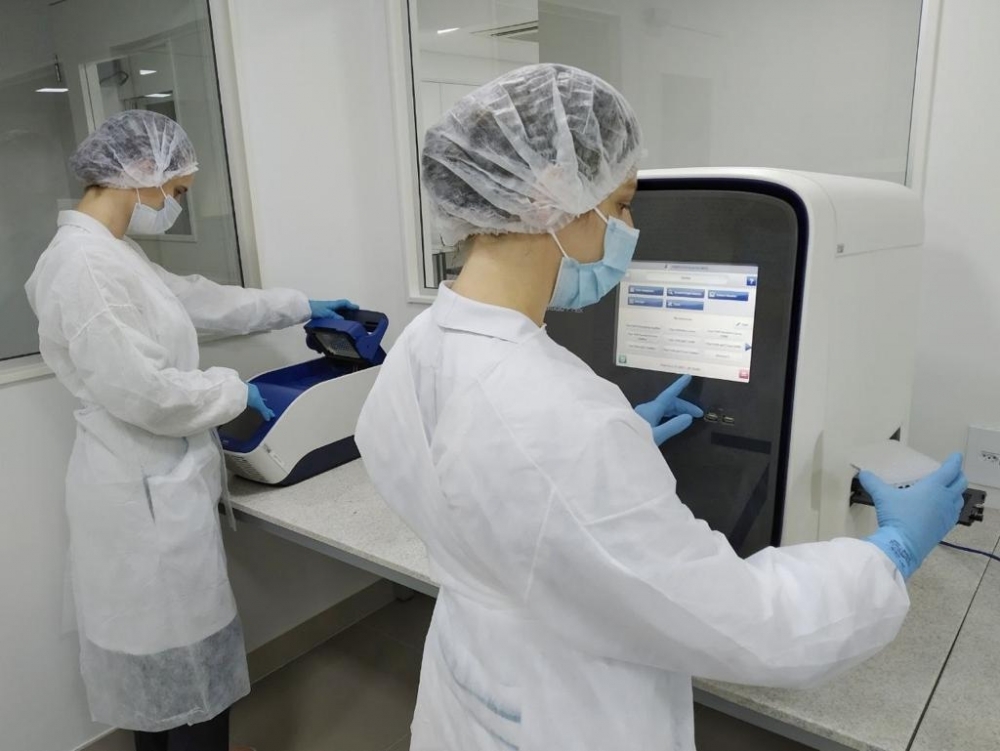
The molecular test mir-THYpe uses biomarkers to detect whether a thyroid nodule classified as indeterminate is cancerous.
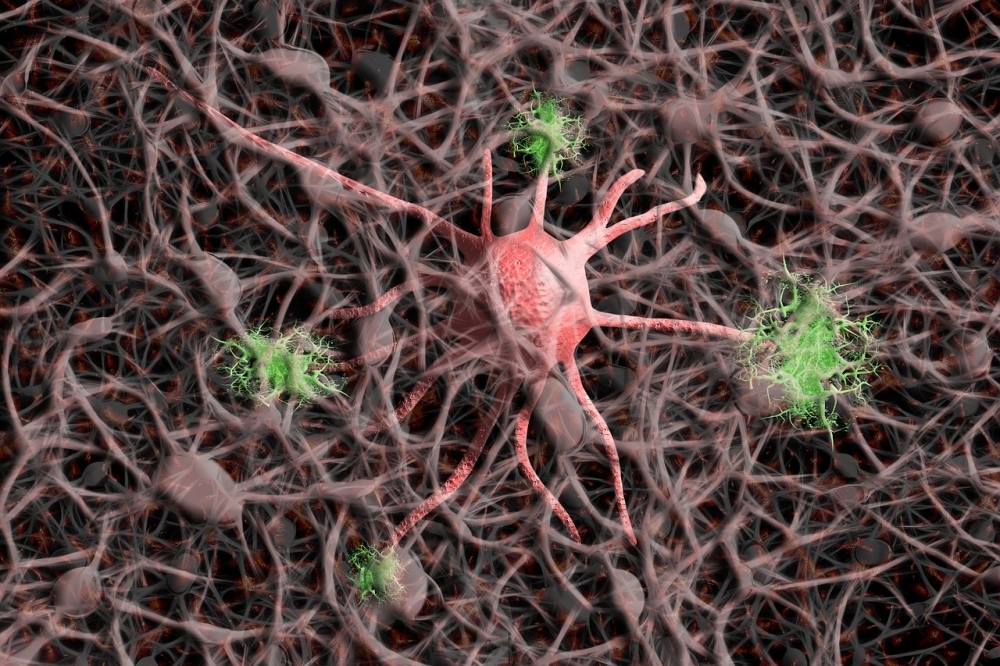
In a study conducted at a FAPESP-funded research center, a bile acid derivative known by the acronym TUDCA reduced food intake and increased energy expenditure in mice, improving quality of life. The results are promising for humans.
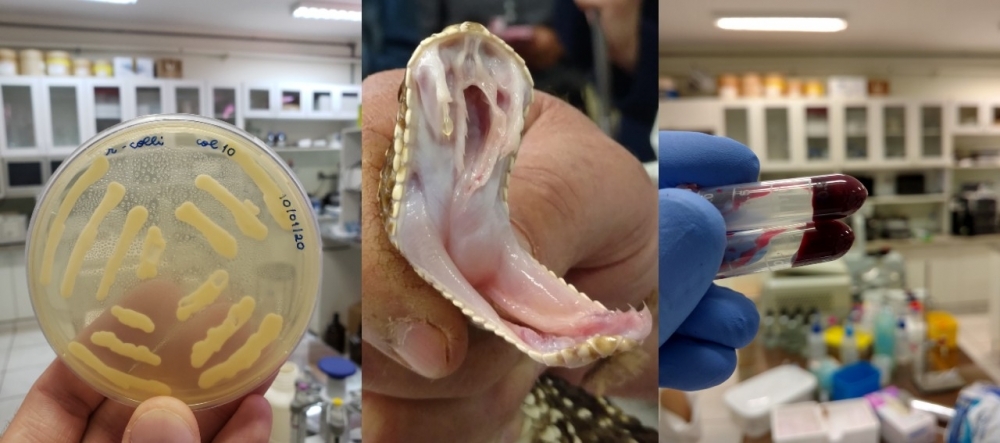
Procedure tested by researchers in Brazil and Belgium made the molecule more stable in the organism. Potential applications include anti-coagulants and wound dressings.
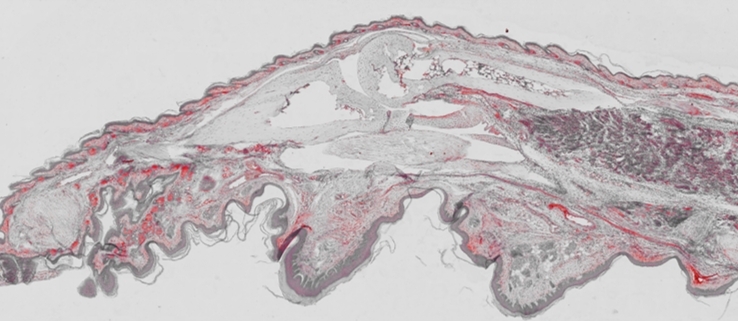
Scientists at the University of São Paulo confirmed the finding in experiments with mice and blood serum from patients.
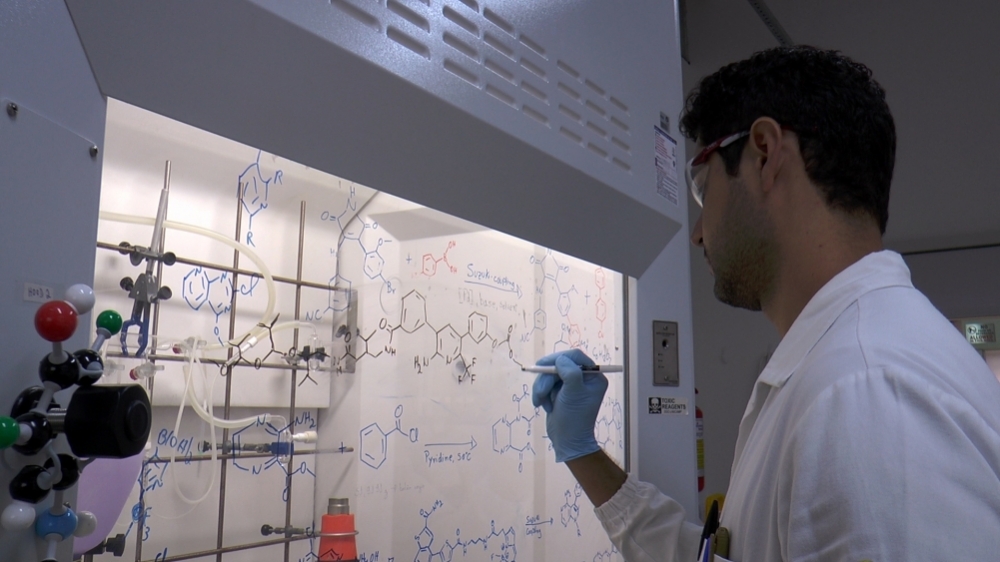
The point was stressed by participants in the 6th FAPESP 60 Years Conference, featuring experts from Brazil, the UK and the US who discussed the search for drugs to treat diseases that affect some 2 billion people worldwide.
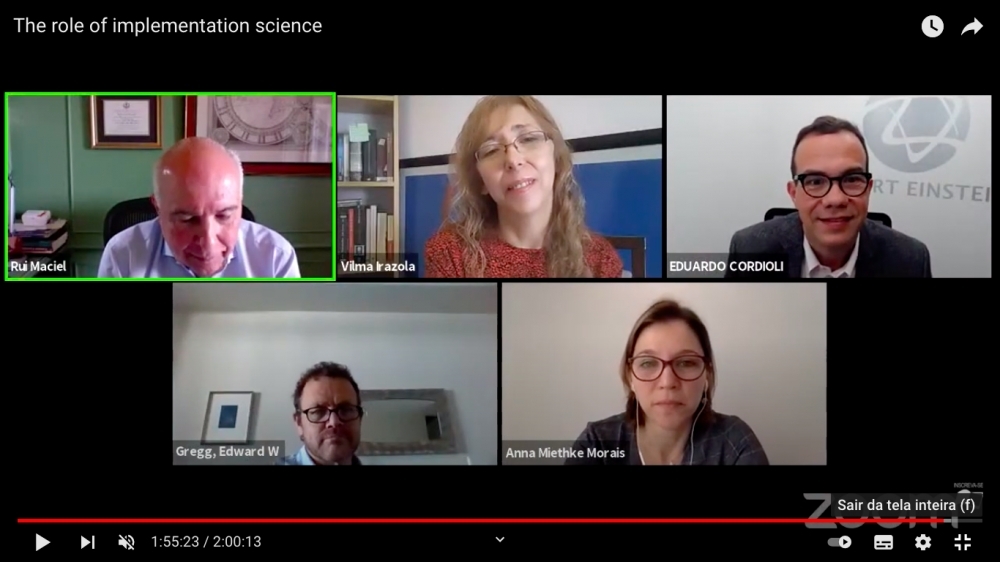
Speakers of an online seminar organized by FAPESP detailed methods used to identify and remove barriers that delay or interrupt effective interventions.
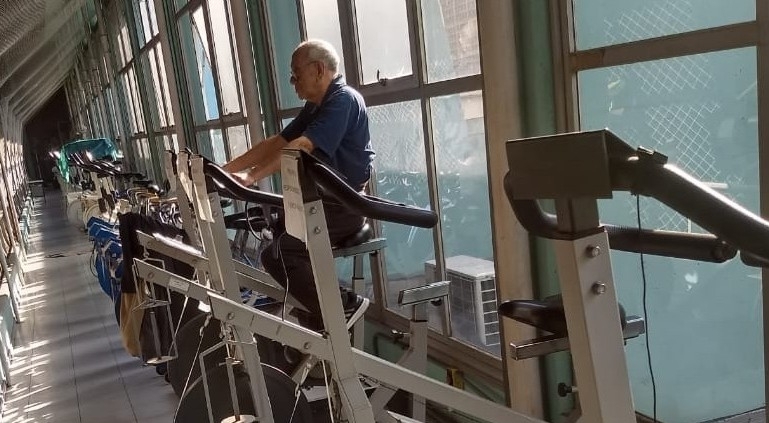
Scientists at the University of São Paulo compared the effects of morning and evening aerobic exercise on middle-aged men. The results suggest that training between 6 p.m. and 9 p.m. stimulates mechanisms that keep blood pressure fine-tuned.
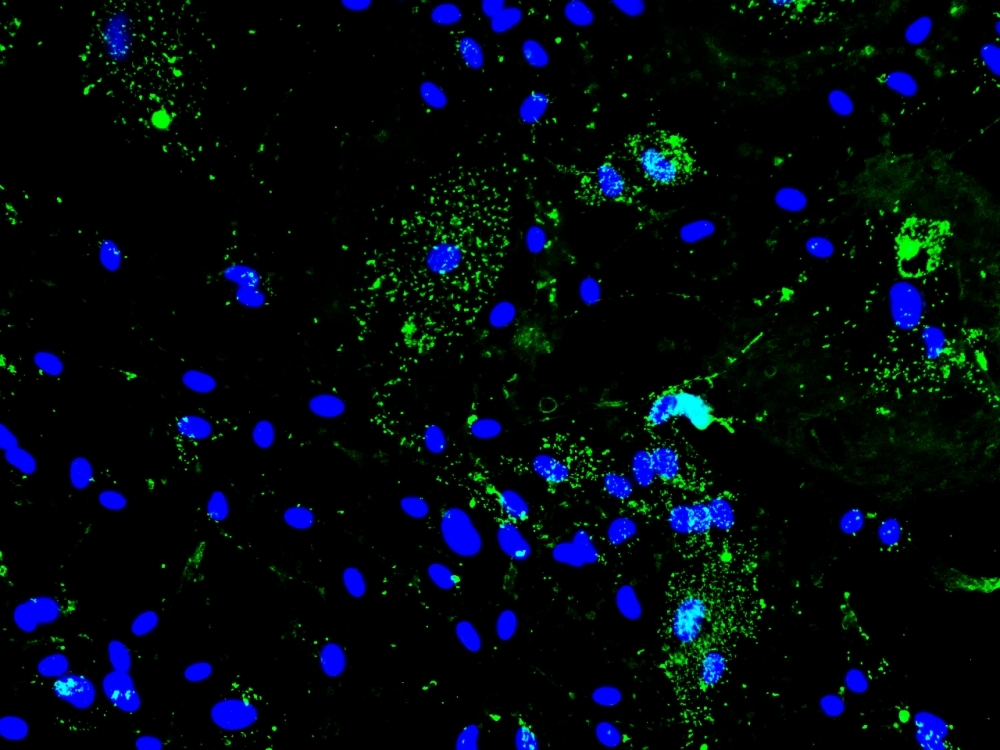
Experiments with hamsters and cultured astrocytes point to possible causes of neurological complications in COVID-19 survivors.

Collaboration between business and academia in the state of São Paulo proves the virucidal action of iron phthalocyanine and develops a mouthwash containing the compound. In a clinical trial involving patients in the initial stage of infection, the product reduces symptoms and hospital stay.

The event was the first of a series of three online seminars organized by FAPESP in partnership with sister agencies in Paraguay and Argentina, under the aegis of the Global Research Council (GRC), with the aim of providing opportunities for an exchange of experiences and cross-border collaboration.

The findings, published in Gynecologic Oncology, pave the way to the development of a blood test that can be performed by a physician at the time of diagnosis to help personalize treatment.

Models capable of predicting the spread of pathogens, algorithms that monitor health complaints on social media, and the use of big data and machine learning to speed up drug development were some of the issues discussed by experts who took part in a webinar organized by FAPESP and the Global Research Council.
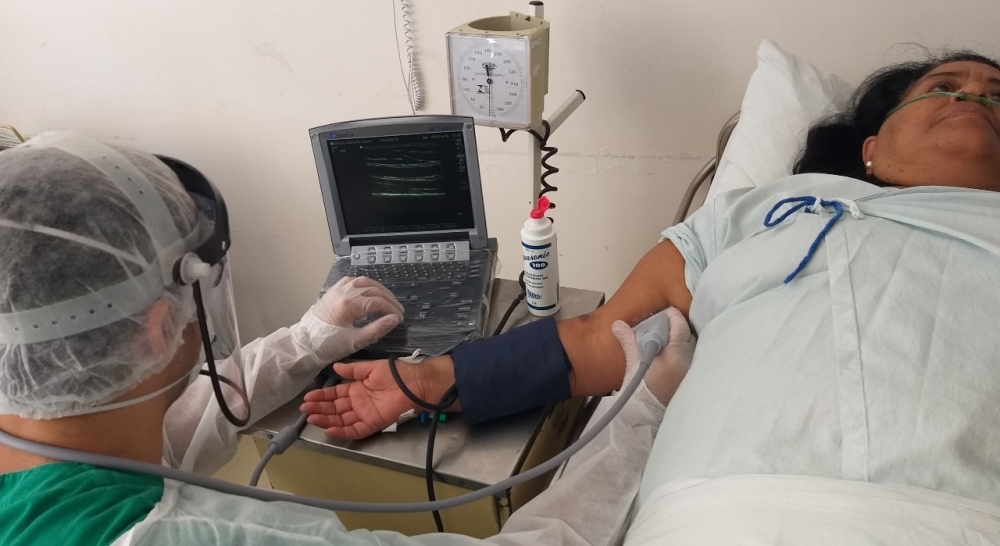
Brazilian researchers conducted a study of 109 hospitalized volunteers in search of the factors that determine endothelial dysfunction, a condition in which the blood vessels become unable to contract and relax adequately, increasing the risk of heart attack, thrombosis and stroke.
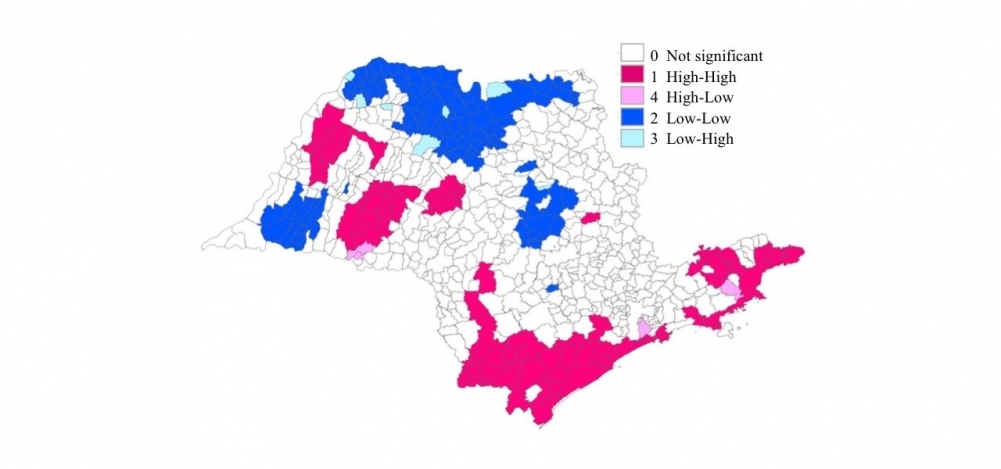
The methodology used in the study, which is published in PLOS ONE, can help policymakers plan strategies for preventing deaths of babies under 28 days old.

An article in Scientific Reports shows that the virus spread at a speed of 1 km per day in the latest sylvatic outbreaks in the state, between 2016 and 2019, reaching cities never affected before. The authors warn that the situation could recur.
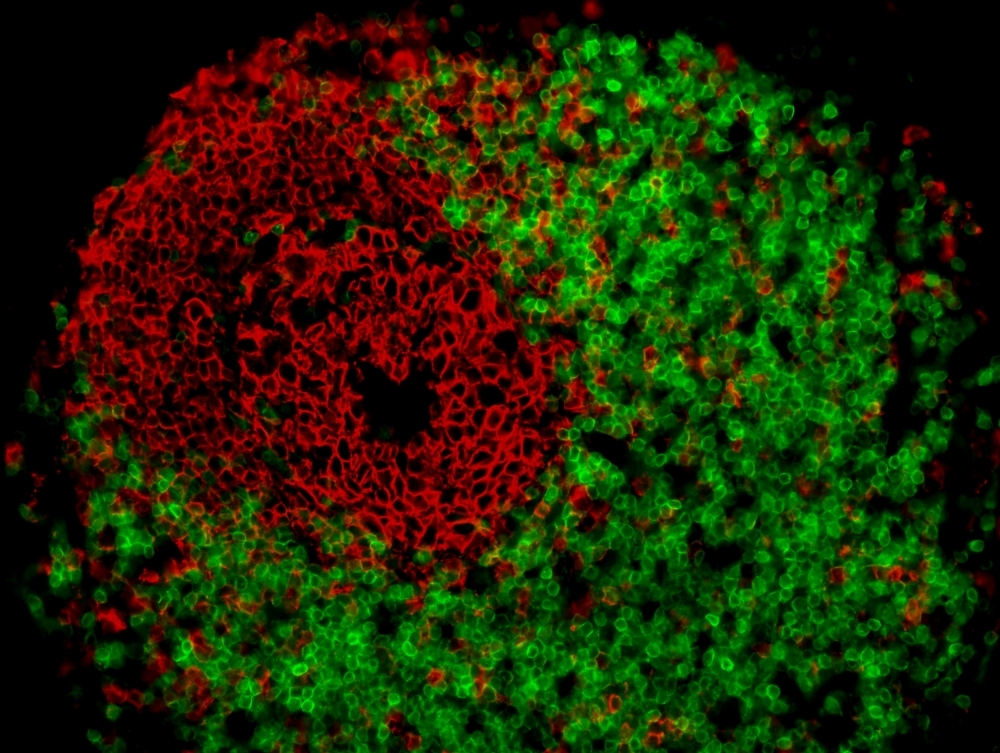
Analysis of tissue samples showed the presence of cells that can trigger the inflammatory process typical of Crohn’s. The study paves the way for the detection of biomarkers that can help predict evolution to the severe form of the disease, and for more precise diagnosis.
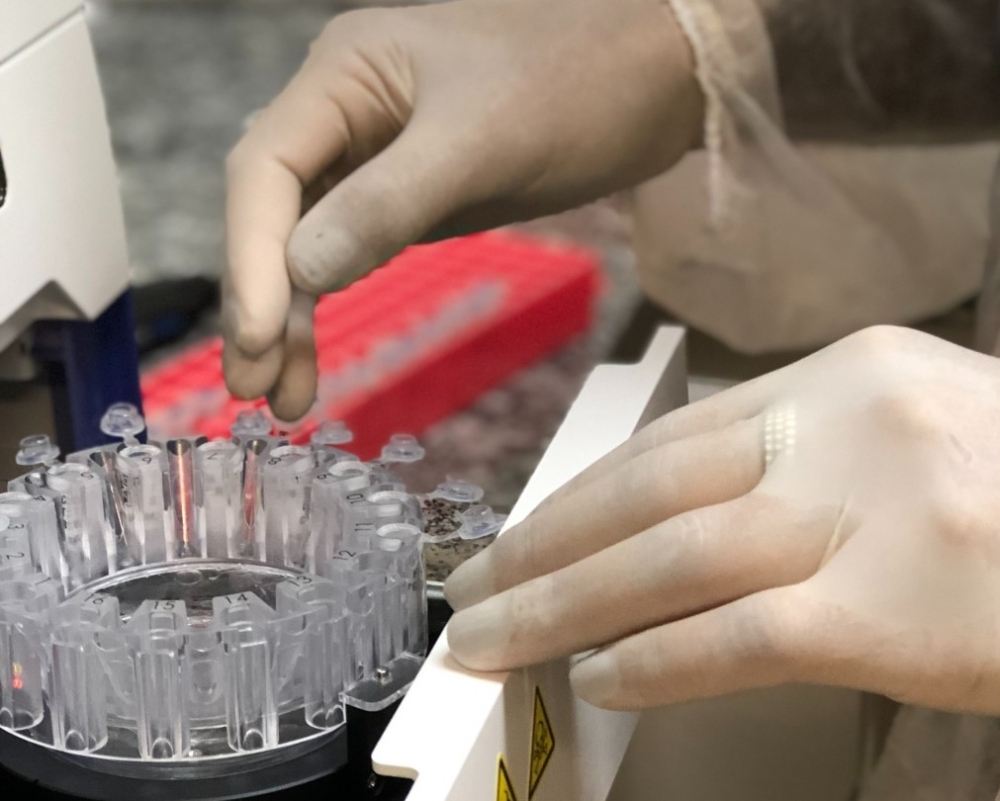
A study conducted at the University of São Paulo shows that levels of TTV, an apparently inoffensive virus considered an indicator of immunodepression, tend to be higher in people infected by SARS-CoV-2. TTV load declines as the symptoms of COVID-19 disappear, the researchers write in PLOS ONE.
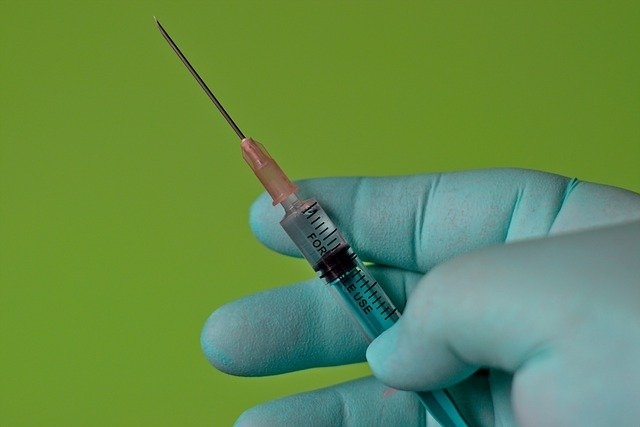
This is one of the main findings of a clinical trial involving 465 patients at 28 hospitals in six countries, including Brazil. The likelihood of dying was 78% lower for the group given a therapeutic dose of the anti-coagulant.